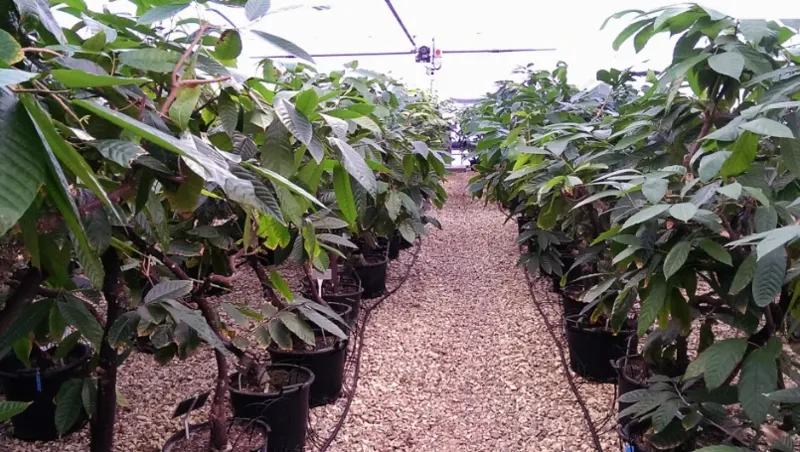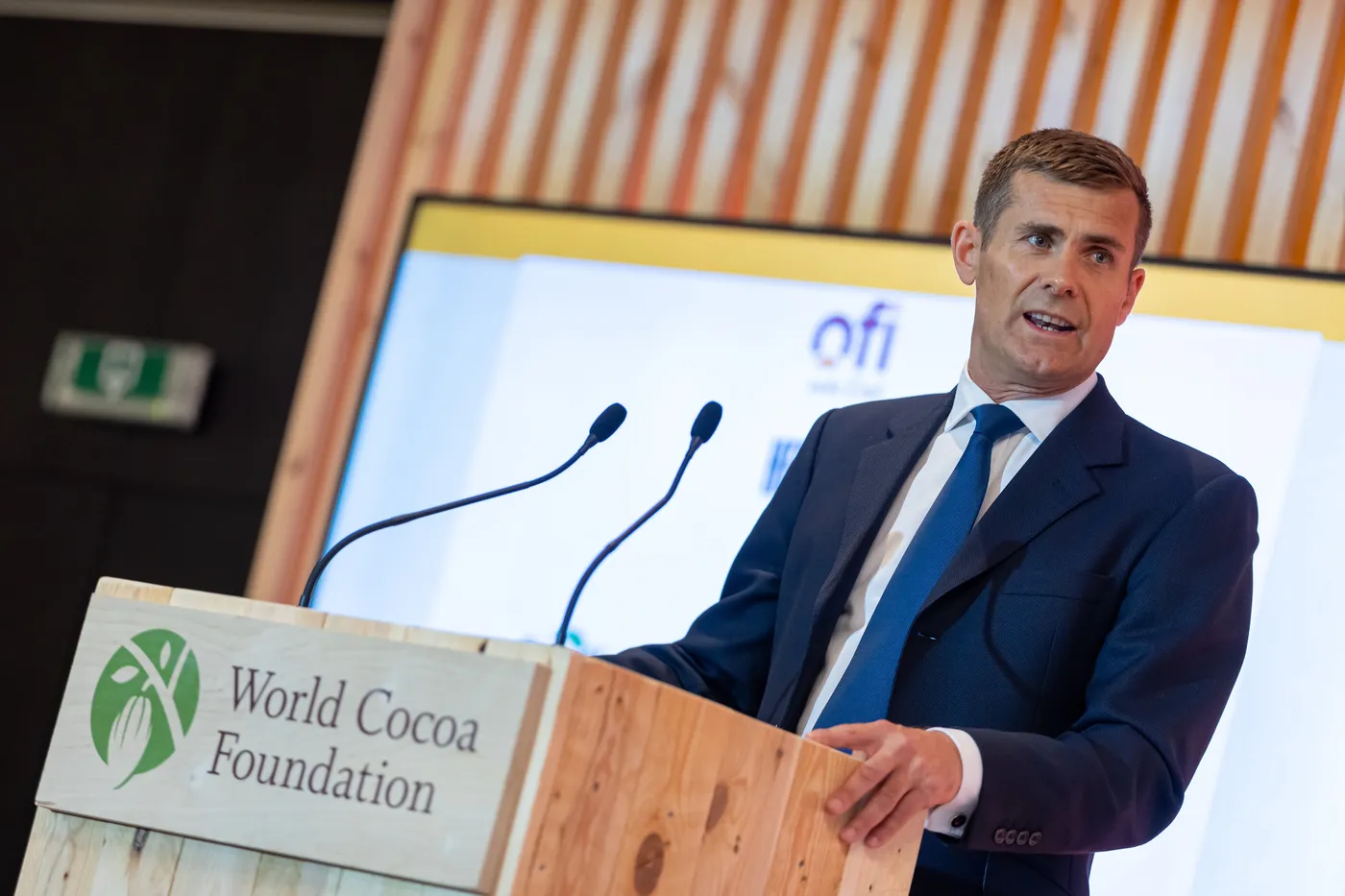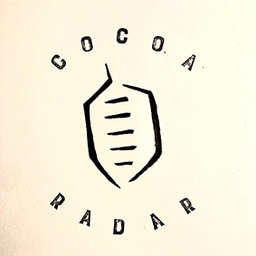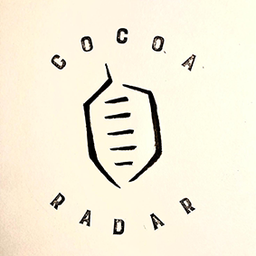With the agenda for Amsterdam finalised— with scope for minor updates depending on any last-minute amendments from Brussels or unforeseen market volatility—the 2026 WCF Partnership Meeting, 17 & 18 February 2026, will be held under the theme: Securing Cocoa’s Future in a Changing World.
Delegates can expect two days of high-level dialogue, practical sessions, and cross-sector exchange during the centrepiece of Amsterdam Cocoa Week (16–22 February). The meeting will mark the culmination of a ‘strategy refresh’ led by Vincent himself, following WCF’s last global gathering in São Paulo in March 2025.
A Strategy for a Changing World
Vincent explains that the strategy refresh reflects a broader shift in the cocoa sector’s landscape.
“We’re pivoting to reflect changing market conditions—particularly tighter regulation and the evolution of companies’ programmatic skills. Our focus is now on enabling environments and harmonised standards,” says Vincent.
He continues: “We last refreshed our strategy when I took over about three years ago. The world has changed materially since then, so it’s only right that any organisation adapts to new realities.”
Vincent outlines two main drivers of the change: the advancement of regulation—especially under the EU Deforestation Regulation (EUDR)—and the evolving programmatic maturity of WCF’s members.
“As companies build out bigger teams with huge programmatic expertise, WCF’s role is evolving to complement these efforts by enabling the environments that help programmes deliver maximum impact rather than delivering those programmes,” he says.
“We also want to focus on the regulatory and standards piece: How can we harmonise reporting? How can we ensure compliance across regulatory, voluntary, and mandatory frameworks? And how do we communicate the sector’s measurable sustainability impact?”
Clearing the Air on a ‘Cocoa Standard’
When rumours circulated that WCF was preparing to launch its own cocoa standard, Vincent was quick to dismiss them.
“Let’s be clear: we are not launching a new cocoa standard,” he insists. “We aim to harmonise reporting with the existing standards—ARS, EUDR, and corporate requirements—to reduce costs and create consistency."
Vincent points to the African Regional Standard (ARS), now being implemented, as an example of the alignment WCF supports. He also cites lessons from the Rainforest Alliance’s new coffee standard, where methodology simplification has become critical.
“There are already multiple methodologies under various topics being reported. When a single word changes in a definition, it can mean retraining 50 field workers. That’s what we’re trying to avoid,” he says.

By integrating methodologies such as those under EUDR, ARS, and WCF’s own GHG accounting protocol, the foundation hopes to reduce duplication and drive efficiency across the sector.
The WCF’s Evolving Role
“We are an industry association, but our value lies in being a convener—bringing governments, civil society, and farmers together to find shared solutions,” Vincent explains.
While funded by its members, he emphasises WCF’s neutrality. “Our membership recognises that our strength lies in convening global stakeholders—producing and consuming country governments, civil society, farmers, and cooperatives—to find solutions that benefit all. Over the last few years, we’ve seen real areas of mutual interest, and we aim to remain as neutral a convener as possible, even as we represent the industry.”
Shaping Better Regulation
Vincent stresses that WCF supports regulation—but insists it must be effective.
“We’re not against stronger regulation; we want better regulation that works for the cocoa supply chain. The goal is to contribute constructively to its design and implementation and be involved earlier in the process,” he says.
WCF is currently collaborating with partners to build externally validated, sector-wide tools that help members, supply chains, and farmers comply with new rules.
“A good example is the deforestation risk assessment methodology developed with our members, the European Forestry Institute, and the Joint Research Council, feeding into the ECA compliance protocol for EUDR,” Vincent notes.
Transparency and Trust
Asked how WCF maintains credibility when commitments are delayed or progress varies, Vincent is candid.
“Our communications must be honest and transparent. We need credible, reliable data on sustainability outcomes that are externally validated,” he says.
“Not every member is on the same page or moving at the same pace, and that’s normal. Our role is to find common ground. But the key is ensuring regulation is real, credible, and effective—and adapted to the realities of cocoa production.”
Defining Success by 2030
Before the conversation returns to the upcoming meeting in Amsterdam, Vincent reflects on what success will look like for WCF and the cocoa sector by 2030.
“Success means adoption of common tools and standards, a secure supply of sustainable cocoa, and farmers earning enough to continue growing cocoa, despite the challenges of disease and climate change”, he says.
He envisions an industry where collaboration deepens and WCF’s convening power unites all actors around shared sustainability goals.
“We’ll measure success through adoption of tools, greater programme impact, and a stronger enabling environment. Crucially, farmers must be earning sustainable incomes that allow them to keep producing cocoa.”

Supporting Science and Research
The interview took place on the eve of COP30 in Brazil, and the discussion turned to the funding crisis at the International Cocoa Quarantine Centre. Is WCF stepping in?
“We’re absolutely aware of the issues,” he says. “As with several other areas of research beyond the mainstream, we’re bringing our members together, highlighting the problem, and seeking solutions.”
Looking Ahead to Amsterdam 2026
The 2026 Amsterdam Partnership Meeting will be a milestone moment for the industry—a platform to anchor WCF’s new global strategy focused on measurable impact, regulatory readiness, carbon accounting, and disease management.
Vincent’s message is clear: WCF’s next chapter is about enabling systemic impact, not delivering programmes. And as the world’s cocoa stakeholders gather in Amsterdam, WCF aims to demonstrate that a harmonised, transparent, and inclusive cocoa sector is not just possible—but already taking shape.
- WCF 2026 Partnership Meeting, Securing Cocoa’s Future in a Changing World, Amsterdam 17 – 18 February 2026. Early Bird Tickets on sale now.



